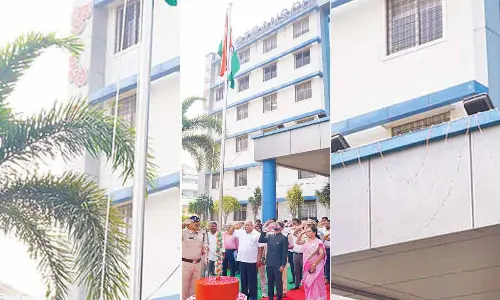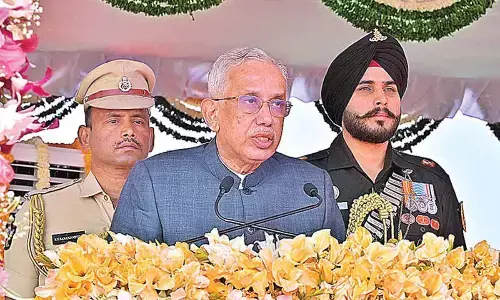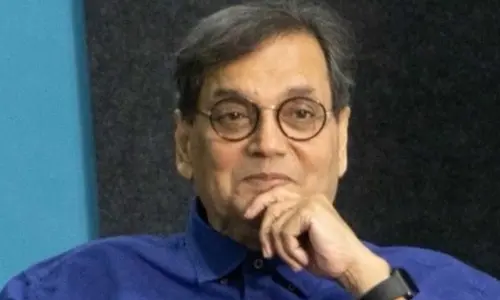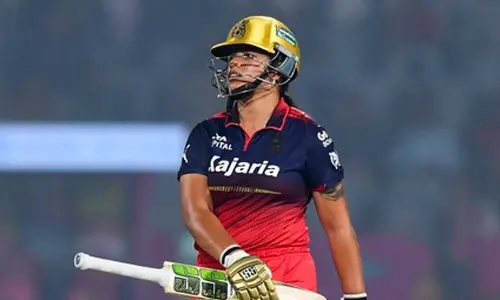Upcoming career opportunities in banks

There are few prestigious careers in the country which are possible with a qualification as simple as graduation. One is Civil Services for which the process is conducted by Union Public Service Commission (UPSC) every year.
There are few prestigious careers in the country which are possible with a qualification as simple as graduation. One is Civil Services for which the process is conducted by Union Public Service Commission (UPSC) every year. The other is a career in government owned banks which may be possible by qualifying in the examination conducted by the Institute of Banking Personnel Selection (IBPS). This article is about the latter. Banks in India, particularly the government owned (Public Sector) banks provide an excellent career option to young people, so there is no surprise that more and more young people are drawn towards them for a meaningful and long lasting career. When a small survey was conducted amongst jobseekers to understand why they are keen to join a government bank, the following points were made most commonly:
1. The eligibility norms are simple
2. The selection process is completely transparent, democratic and fair
3. The selection process is completed in a time bound manner
4. The service conditions are well defined with pay, allowances and other benefits to the employees
5. There are good opportunities for promotion
6. In our social structure working in a bank is considered much prestigious
7. Opportunities are available across the country
Few other positive observations were also made. But whatever has been said above should be enough to consider banking as a career for those who possess the required aptitude.
The way banks have expanded their network in the country has few parallels in the world. In July 1969, 14 major banks of the country were nationalised. The next phase of nationalization happened in 1980 when 6 more banks were nationalised. Banks were asked to play a major role in socio-economic development of our nation. Large number of bank branches were opened in villages and in other far-off areas which have been hitherto unrepresented in banking facilities. After merger of Dena Bank and Vijaya Bank in Bank of Baroda, now there are 18 nationalised banks.
Regional Rural Banks came into existence through an ordinance issued in the year 1975. This ordinance was replaced by Regional Rural Banks Act in 1976. After reorganization now there are about 55 RRBs in the country. Since a large number of people work in these (public sector/regional rural) banks , there is regular turnover of employees. A number of employees superannuate, many get promoted to higher positions and few move to other organizations. To fill the gap so caused, these banks have to recruit fresh people periodically and therein lies the opportunity for our young friends who want to have a career in banking.
Basically banks have three levels of employment for freshers-subordinate staff, clerks and officers. There are very limited vacancies for subordinates' position and selection doesn't take place on all India basis. So, in this article we're going to cover the selection process for general banking officers and clerks only . A major segment of these employees in banks, directly attend to customer requirements. A smaller section is involved in backoffice activities, general or remote administration etc.
There are separate examinations for RRBs and PSBs under the aegis of IBPS. Again the selection process for both clerks and officers is segregated for both set of the above banks. Please note that selection test for State Bank of India is conducted separately.
In RRBs clerical positions come under group 'B' with nomenclature of 'office assistant-multi-purpose'. The eligibility criteria for both clerks and officers is bachelor's degree in any discipline and proficiency in local language as prescribed by the participating RRB/s. Working knowledge of computer is desirable. In case of officers position in RRBs, those having a degree in Agriculture/ Pisci-culture/ Agricultural marketing and cooperation/Animal husban-dry/ Forestry/Veterinary science/ Horticulture/Agricultural mar-keting/ Agricultural engineering/ Accountancy/ Law/Management or information technology.
The recruitment examination is divided into preliminary and main examination both for clerks and officers. Preliminary examination for clerks have questions from reasoning and numerical ability. For officers it is reasoning and quantitative aptitude. In all 80 questions are to be attempted in composite time of 45 minutes.
The main examination for clerks contain questions relating to reasoning, numerical ability, general awareness, English and Hindi language and computer knowledge. For officers the section of numerical ability is replaced by quantitative aptitude.

















